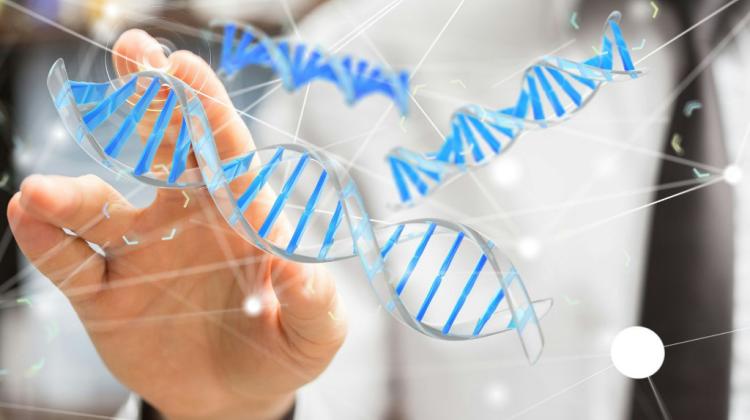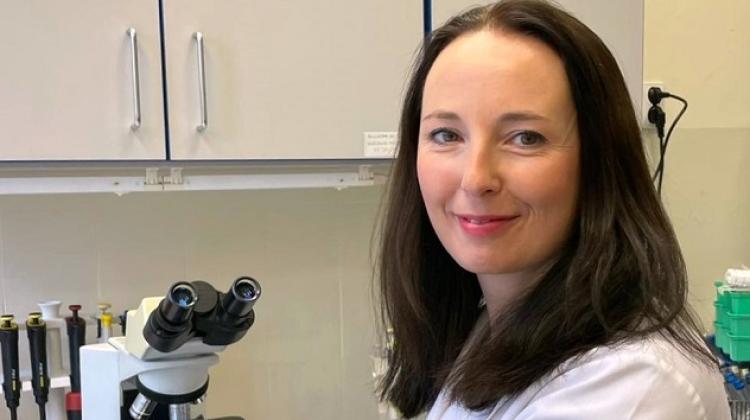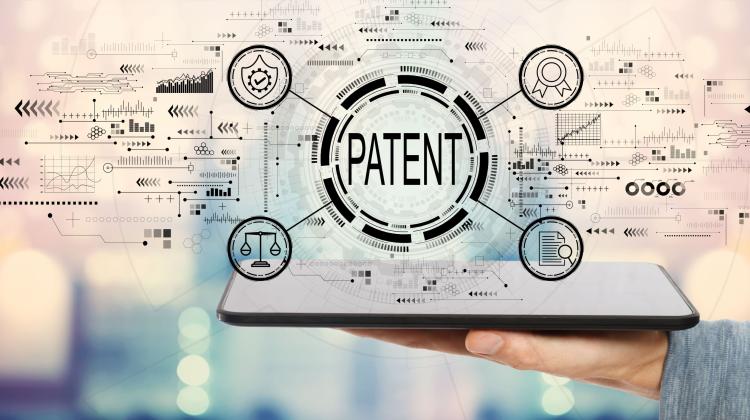Biohack: Bioinformatics hackathon in Łódź
 Photo: Fotolia
Photo: Fotolia
Programmers, data analysts, doctors and scientists in the field of biology, medicine and genetics will face the challenges of genetics during the bioinformatics hackathon in Łódź on 18-20 May. Registration of participants will continue until May 4.
Biohack, or bioinformatics hackathon, is an event during which specialists from various industries and environments meet for a short time to create solutions to the presented problems.
This mix of skills, personalities, different views of the problem, concentration on the task and competition is expected to accelerate the development of a solution - says Paweł Śpiechowicz, a spokesman of the University of Lodz, which co-organises the event together with the Boost BioTech Association.
This time, programmers, computer graphic designers, data analysts and scientists in the field of biology, medicine, genetics, as well as doctors, will face the challenges of genetics. An example of such a challenge is selecting seasonal flu virus antigens for a vaccine.
Experts remind that seasonal flu is an extremely serious health problem in Poland and in the world. The number of cases in Poland reaches even 300,000 per week in the peak period. This virus exhibits high genetic variability, which makes preparing an effective vaccine extremely important and at the same time difficult.
The task of the hackathon participants is to develop - based on genetic data - a set of antigens (fragments of proteins recognized by the immune system) enabling the creation of an effective and universal influenza vaccine.
According to Błażej Marciniak from the Department of Biology and Environmental Protection, University of Lodz, the vaccine must be found as fast as possible, and it is not easy. Before proceeding with the analysis, one must search for and download the appropriate DNA sequences of the virus deposited in various global repositories or provided by the hackathon partners.
"The analysis of proteins that act as a virus shield will be important. Then we check whether the selected proteins are not too similar to human proteins and could not pose a threat to the patient's health. Finally, we selected the most effective antigens and carry out a structural analysis of those antigens" - he explains. According to Marciniak, such analyses allow to produce specific antigens that, after testing in preclinical and clinical trials, can be administered to patients in the form of a vaccine.
Solutions created during the event will be used to develop better vaccines, find alternatives to antibiotics, because bacteria are becoming increasingly resistant to them. They can contribute to the development of personalized medicine, allow to create tools useful not only in laboratory work, but also in forensics. Companies specialising in pharmacy, genetics, veterinary medicine, medicine and food industry are interested in the competition and its results.
Participant can register at http://www.biohack.linux.pl/en until midnight on May 4. The number of places is limited. In the case of a larger number of applications, the organizers reserve the right to select participants.
Bioinformatics is a field of knowledge from the borderline of biology and computer science. Due to the amount and complexity of data provided by research devices, for example concerning the human genome, data analysis becomes practically impossible to perform by a human. Therefore, researchers decided to use computers and now also artificial intelligence to solve the problems of bioinformatics.
PAP - Science in Poland
szu/ ekr/ kap/
tr. RL
Przed dodaniem komentarza prosimy o zapoznanie z Regulaminem forum serwisu Nauka w Polsce.















